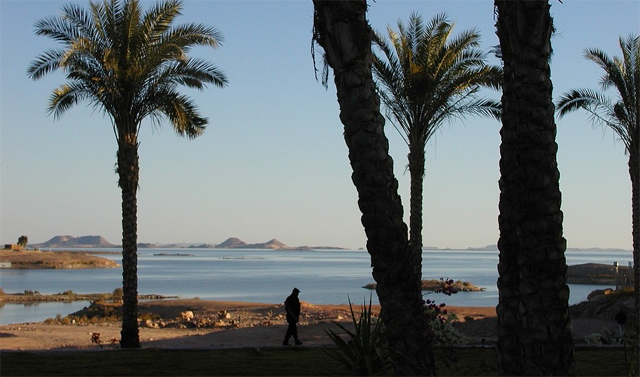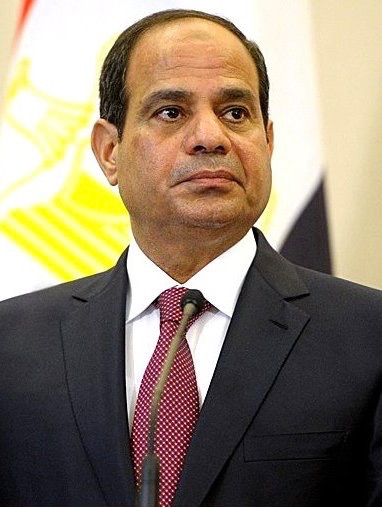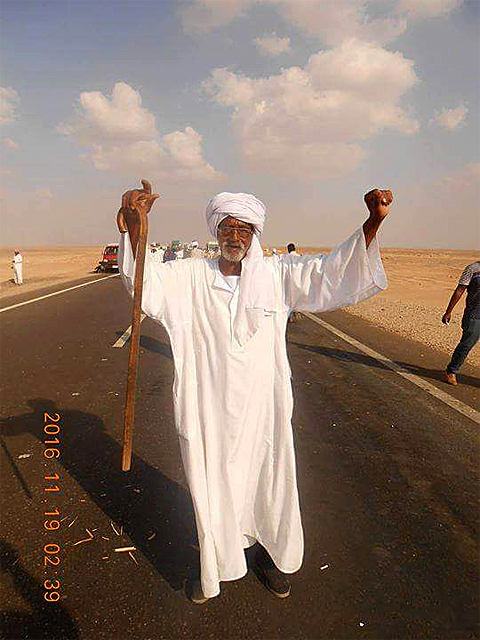A committee in Egypt, charged by President el-Sisi with totaling up the damages caused to Nubians when the Aswan High Dam destroyed their villages over 50 years ago, has completed its work. Egypt Today, a monthly magazine, posted an article last week reporting that the committee has listed the families involved that deserve some financial restitution and it has referred its recommendations on to the Egyptian cabinet.

The committee, headed by Hossam Abdel-Rahim, the Justice Minister, was formed after the National Youth Forum was held in January 2017 in the city of Aswan. One of the recommendations of the NYF for confronting the various issues that challenge the people of Upper Egypt was to deal with the claims of the Nubian people who lost their homes due to the formation of Lake Nasser in the 1960s. Many have never, despite promises, received any compensation.
According to the president, the choice of Aswan as the venue for that important national conference was a signal that the Nubian people have done a lot for their country and have made many sacrifices but they have not, as yet, received what they deserve from the government. The report from the committee also recommended that the city of Aswan be transformed into a cultural and economic capital for the rest of Africa through more investments in education, housing, transportation, and health needs.

At the NYF conference in Aswan last year, President el-Sisi delivered the concluding address, saying about the local people, in part, “I’m fully aware that you didn’t get what you really deserve yet, and we realize what you all have been through during the past years. I appreciate your sacrifices and stamina. I assure to you all that Upper Egypt’s development and issues are on the top of our priorities, and that’s why we decided to choose Aswan for the conference.”
According to the magazine article, Nubian elders consider the president’s move to re-open the compensation issue “a positive step.” The president also said at the NYF conference, “Upper Egypt is on the government’s top priorities and I gave direct orders to work hard for improving the situation of the people at all levels.”

A skeptical reader may wonder how this development will affect the status of the Nubian activists and leaders who dared to demonstrate in Aswan for their various demands on September 3 and were promptly arrested by the police. They languished in prison for a while and were subsequently tried for their crime of challenging the policies of the Egyptian state. They were charged with such crimes as participating in a demonstration without official approval. The initial arrests of 24 demonstrators were subsequently augmented when 8 more people were charged with crimes, bringing the total to 32.
An Amnesty International news release on Feb.2 reported that the trial by the State Security Emergency Court of the 32 Nubians involved in the demonstration had been postponed on January 30 until February 27. The court is expected to impose sentences of up to five years in prison for the Nubian activists at the next court hearing. The Amnesty news page has a link to a more lengthy PDF report on the situation. It is not clear what relationship the impending sentencing of the activists may have, if any, with the nice words from the Egyptian president. Things may be clarified next week if the court hands down its sentences, as expected.